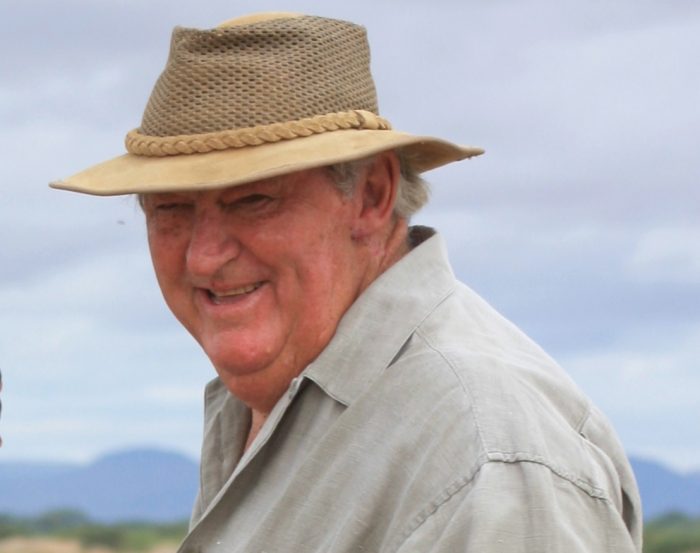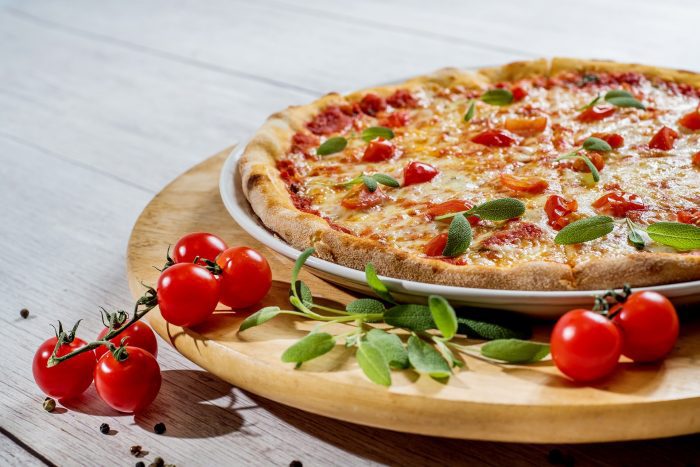By Daniel Dunaief

What’s possible?
We can spend time criticizing each other, becoming nattering nabobs of negativity, as British Prime Minister Winston Churchill once said. We can also rue our lot in life or feel an overwhelming sense of dread about problems we can’t solve or conflicts we haven’t resolved.
Or …
Or we can get out and create a remarkable life.
That’s what happened with famed paleoanthropologist Richard Leakey.
Okay, so maybe he had a few advantages, like the fact that his parents Mary and Louis Leakey were already successful in the field and, unlike those of us who grew up on Mud Road near Gelinas Junior High School, he spent his formative years near and around fossils.
I recall digging in the back corner of my yard when I was young, convinced that I would pull up a dinosaur bone or reveal some incredible secret someone had hidden among the prickers and weeds. Yeah, no such luck.
And yet, the life of the late Richard Leakey offers exciting hope and opportunities for inspiration.
He didn’t graduate from high school, but he was successful and world-renowned.
Leakey’s life is “awe-inspiring,” demonstrating the “ability of one person to literally transform the world and leave it a better place,” Lee Berger, National Geographic Explorer in Residence, said in an interview.
National Geographic Society CEO Jill Tiefenthaler described the impact Leakey had on his home country of Kenya as “amazing” and the impact on the field as “remarkable,” particularly because he did it in a non-traditional way.
In an interview, Tiefenthaler credited the “army” of people who supported him with helping him achieve his goals.
“How do you move and get people to move with you?” Tiefenthaler said. “He was this person who saw talent. It wasn’t just about him. He would see [someone] and say ‘you’re going to do this’ and they did.”
Next generation
As for how to get the next generation to believe in themselves and to participate in the scientific process, National Geographic’s Berger and Tiefenthaler shared their vision.
Ensuring transparency in the process helps people trust the science.
“People are with us when we find those fossils, they watch us, we make sure there’s open access when they come out,” said Berger, who considered Leakey a friend and mentor. “Your child can print these things out and they can check.”
For National Geographic, which funded Leakey for decades, the goal is to “try to give people information and let them draw their own conclusions,” Tiefenthaler added.
The next generation of scientists has access to a large educational program through National Geographic, she added.
“I spent my career in higher education,” said Tiefenthaler, who was the president of Colorado College for nine years before becoming the first woman to lead National Geographic in its 135-year history. “We have got to meet them where they are: they are probably not reading the paper magazine with small, dense print.”
National Geographic is on social media and TikTok.
“We are focusing on issues they care about,” Tiefenthaler said. “We know this generation is very concerned about climate change and biodiversity loss.”
Tiefenthaler “loves how much they care about the work we do at National Geographic [Society]. They’re a little mad at [this generation] because of the predicament that we’ve left the world in for them. We made the mess and there are fewer resources to fix things.”
Still, she believes there are leaders and actors among the younger generation who will follow in Leakey’s footsteps and have an important and positive impact on the world.
“We have a generation that’s going to make major progress on this planet,” she said.














